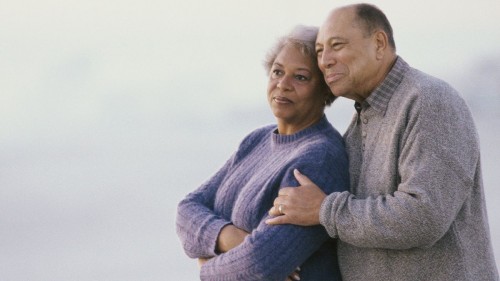
Powers of attorney can be very helpful particularly between a couple, family or friends who jointly own property. It is important to take advice and to keep clear records if you hold a power of attorney. The involvement of an experienced lawyer is important. If any dispute does arise regarding powers for British citizens for it is the responsibility of the Court of Protection to resolve the matter.
Recently I was doing some research into the Courts of Protection where Judges may have to decide about the use or misuse of powers of attorney for elderly relatives; the protection of minors and vulnerable adults and in some cases quite literally decide on matters of life and death.
I set out just some of the most recent examples. In HC (2015) EWCOP the Public Guardian applied for an order questioning the use of funds by a son who had given up good employment to care for his elderly mother. Having studied the use of the funds and the comparative costs of state or private care the Judge supported the son’s position and found he had been acting in the best interests of the mother.
In JMK (2018) a decision was made that a Canadian power of attorney which did not require any form of registration in Canada was not valid for use in England. The applicant daughter and son-in-law were advised to obtain an order to be appointed deputies in England to ensure there was full consideration of the best interests of the donor.
Al-Jeffery v Al-Jeffrey ( Vulnerable adult; British Citizen) (2016) EWHC it was agreed the English courts do have inherent jurisdiction to hear a case about a vulnerable adult even though she was resident outside the UK. This was based on her British citizenship.
Undoubtedly the most difficult cases any Judge decides on are those on the withdrawal of life-sustaining treatment. In Salford Royal NHS Foundation Trust v Mrs P (By her litigation friend – The Official Solicitor) and Q (2017) EWCOP a 79 year old woman had suffered a catastrophic stroke. Mrs. P was described by all who knew her as a vigorous and well-educated woman who had strong views. In very moving testimonies, firstly from her daughter and then from her partner, together with some proof that she had actively asked for treatment to be stopped if she suffered this type of illness, the Judge agreed that no further invasive treatment should be given to keep her alive. The full transcript of this case can be read at https://www.judiciary.uk/wp-content/uploads/2017/10/mrs-p-judgment-oct2017.pdf and it is a riveting if painful read.
For more information about Powers of attorney and a confidential consultation call us on 952 527014 or on [email protected]
